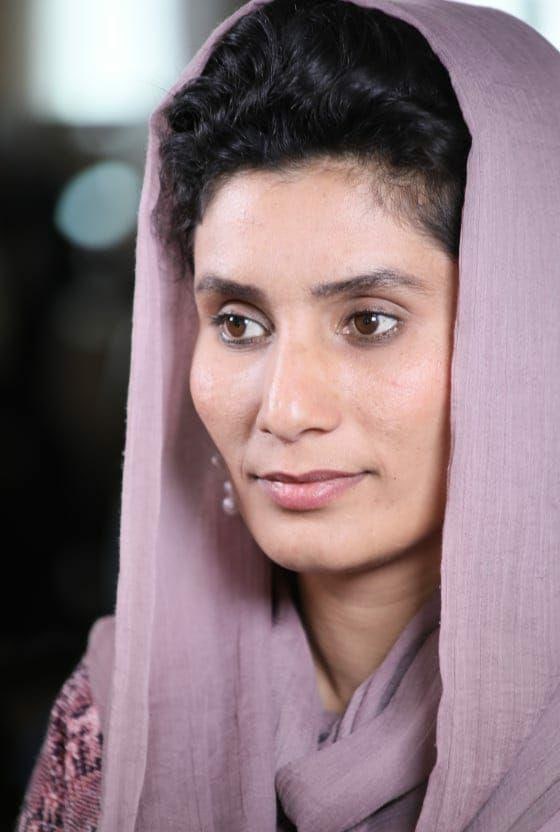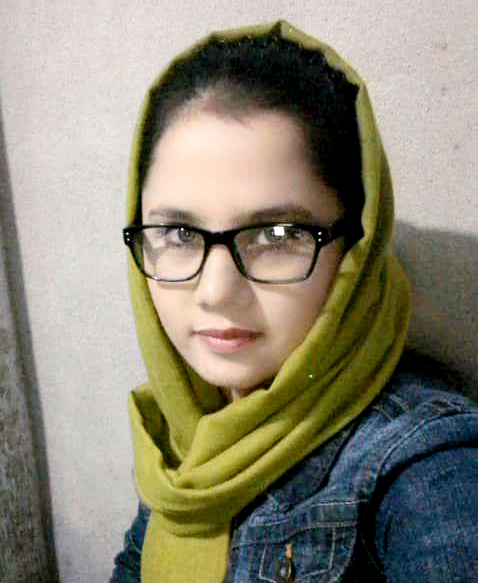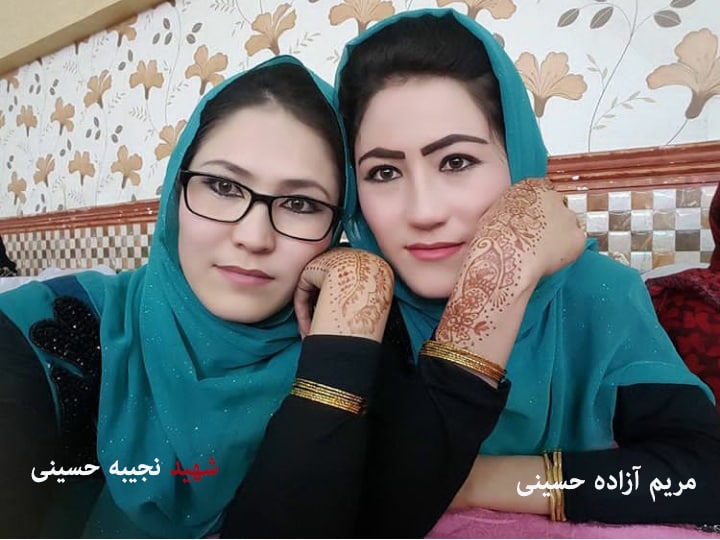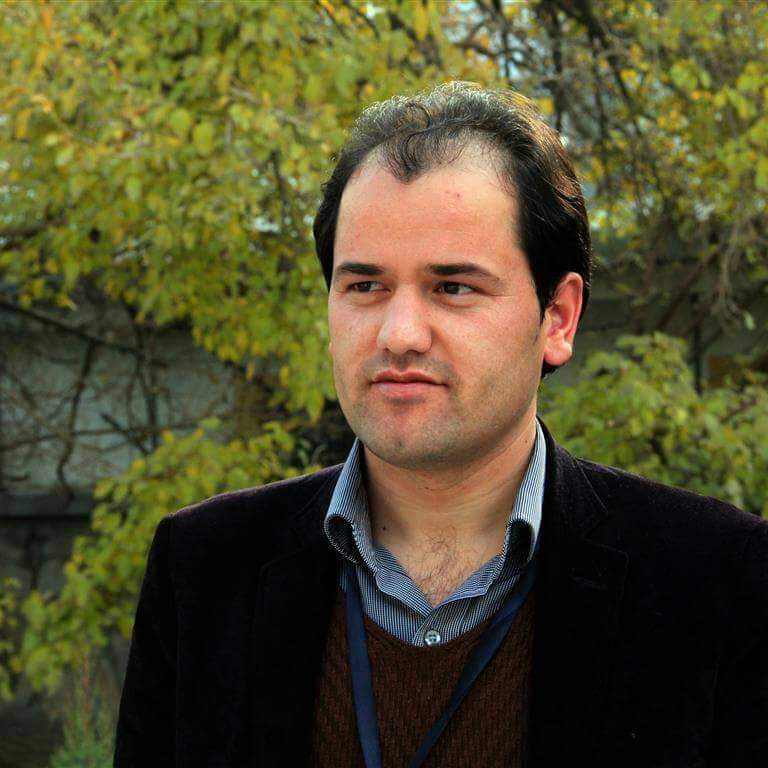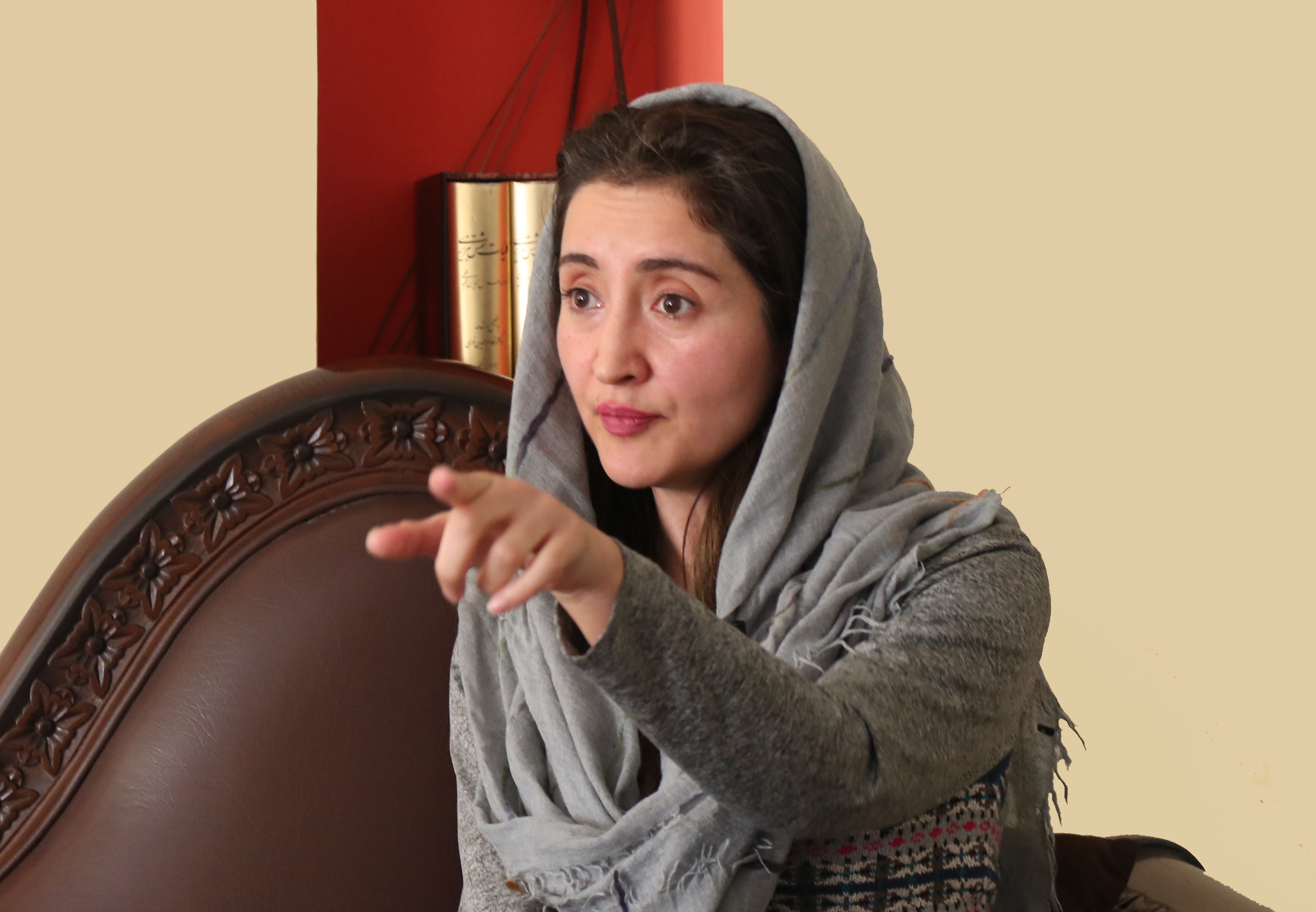Disaster Must be Stopped
Some of the citizens with concern to the result of peace talks say that, if a proper and credible commitment is not going to be made with Taliban, the citizens specially women in Afghanistan may experience the Taliban regime once again.In an interview with the CSHRN, Khodadad Watankhah said that their main concern is that, Taliban as power partner in Afghanistan, use their ideologies of their regime while dealing with women. Yahia Erfan added, “We are seriously concerned that after peace talks, the Taliban use the same misogynous looks as they used to do during their regime towards women. If Afghan government and world community do not emphasize rigidly on protecting women’s rights, they might be more restricted even like thirty years back and that is a disaster.”CSHRN: According to what Taliban’s leaders have said in inaugural of peace talks, they still persist in establishment of an Islamic government in Afghanistan, do you think making peace with such group will lead to desired result?Erfan: According to my opinion, controversy over Islamic government is something far from the fact. Because if there is an argument about Islam, the constitution of Islamic Republic of Afghanistan, the system that Laws and provisions, procedures and doctrines are implemented based on that, are all Islamic. No law is enforced if it is against Islamic norms. Therefore, I believe talking about Islamic government is a kind of blackmail. In another words, Taliban want to have the control of the process in order to convince the government of Afghanistan of some other terms and desires of themselves.CSHRN: How should the government use the peace talks as an opportunity?Erfan: Since the government of Afghanistan has entered into the dialogues with a comprehensive and proper position, this is a good opportunity to create a new national debate…

